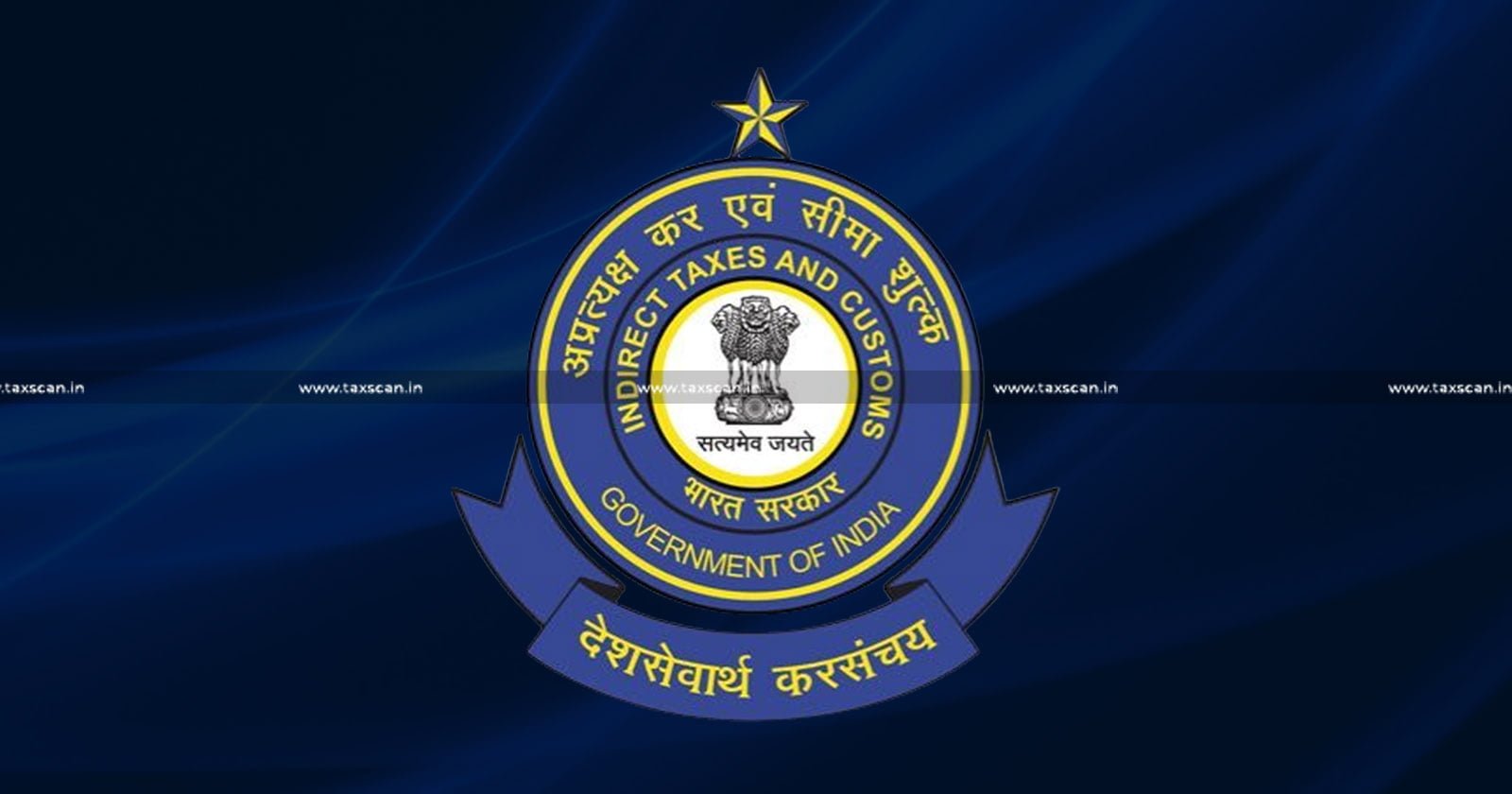CBIC Releases Circular for Verification of FOB Value on COO Certificates as per ASEAN-India Trade Agreement [Read Order]
Stakeholders were urged to reassess the matter and provide comments or actions taken. Concerns over delays in goods clearance

CBIC – COO – FOB – Central board – indirect taxes – customs – origin India trade – TAXSCAN
CBIC – COO – FOB – Central board – indirect taxes – customs – origin India trade – TAXSCAN
The Central Board of Indirect Taxes and Customs ( CBIC ) issued a circular dated June 8, 2024, focusing on the verification of Free on Board ( FOB ) values stated on Certificates of Origin ( COO ) issued in accordance with the ASEAN-India Trade in Goods Agreement. This circular, referring to Notification No. 189/2009-Cus ( NT ) dated December 31, 2009, was prompted by a letter dated May 27, 2024, concerning the subject matter.
The issue raised has been examined. In this regard, observations are as follows:
“1.As per extant provisions of CAROTAR, 2020 while the importer may be requested for supporting information but he is under no compulsion to submit commercially sensitive information such as the export invoice in case of third-party invoicing. The bill-to-ship-to business model ensures commercial confidentiality in global value chains.
CAROTAR, 2020 does not require an importer to seek details, which may be business confidential. Rule 5 (4) of CAROTAR 2020 provides that in case the importer fails to or is unable to provide sufficient information/documents, the verification process as prescribed under the trade agreement shall have to be initiated.
2.Section 28DA read with Rule 3 (2) of CAROTAR 2020 specifies the limited conditions under which the preference may be denied without initiating a verification. In addition, Rule 5(5) specifies that a preferential claim can be denied without further verification only when the information and documents furnished by the importer and available on record provide sufficient evidence to prove that goods do not meet the origin criteria prescribed in the respective Rules of Origin.
In the present case, it appears that the field officers are finding it difficult to verify value addition due to the unavailability of the export invoice, where third-party invoicing is taking place. Any verification, if required to be done, should only be carried out in terms of above legal provisions.
3.Further, it is submitted that Article 22 of the Operational Certification Procedures for the Rules of Origin of AIFTA, allows third country invoicing provided the product meets the Origin Criteria under the AIFTA Rules of Origin.
As per Appendix A of AIFTA, FOB Price equals a sum of Ex-Factory Price and other costs. It is pertinent to mention that 'other costs' covers those costs which are incurred in placing the products in the ship for export. Therefore, the Value Addition (VA) is to be calculated on the FOB value mentioned in the commercial invoice, issued by the manufacturer/supplier/consignor of AIFTA state. Moreover, the value indicated in the invoice raised by the consignor of AIFTA to the third-party shall, in all probability, not be the same as the one mentioned in the sales invoice raised by the third-party.
4.The fact of VA at AIFTA country and VA considering third party invoice should also be determining factor whether a verification process is required under CAROTAR, 2020.”
Stakeholders were urged to reassess the matter and provide comments or actions taken. Concerns over delays in goods clearance due to a Public Notice issued by NS-II Customs Commissionerate are highlighted, with a request for prompt release of goods as necessary under CAROTAR, 2020.
To Read the full text of the Order CLICK HERE
Support our journalism by subscribing to Taxscan premium. Follow us on Telegram for quick updates


